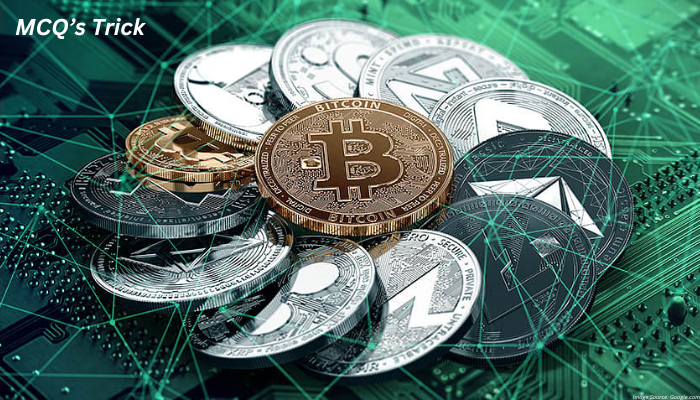Blockchain is a new concept that has been taking over the earth because of its potential to change the face of many industries, especially in digital currency. Let’s see what blockchain is and how it affects some digital currencies like Bitcoin, Ethereum, and more.
Table of Contents
What is Blockchain?
In simple words, blockchain is simply a digital ledger-a chain of blocks which records transactions across many computers where once written, no transaction can be manipulated or altered in any way. It works on a peer-to-peer network where each participant, or node, can access the entire ledger for such reasons of transparency and security. It is simply a chain of blocks of information hence the name blockchain.
How Blockchain Works?
- Transaction Request: A user initiates a transaction, for instance, by sending cryptocurrency to some other user.
- Block Formation: These transactions are collected with other related transactions in a “block”.
- Block Verification: The block is verified by all the members of the network either by through mining or consensus process.
- Block Incorporation into the Chain: Upon verification, the block is incorporated into the blockchain. This action renders the transaction valid.
The decentralized verification process makes blockchain fraud-resistant, censorship-resistant, and manipulation-resistant, thus being a highly trustworthy and secure element.

Effects of Blockchain on Digital Currency
- Decentralization: The traditional financial systems are centralised in nature whereby banks function as middlemen authenticating the transaction. Blockchain, however, eliminates the third-party intermediaries and allows for peer-to-peer transactions thereby resulting in faster, cheaper, and more secure transactions.
- Security: Blockchain employs cryptographic techniques to secure the transaction data such that it becomes almost impossible to change past records. Therefore, digital currency security is enhanced because the users are protected against fraud and cyber attacks.
- Transparency: Every transaction that takes place on a blockchain is visible to all members within the network. This transparency reduces fraud occurrences since every transaction can be traced back to its origin.
- Global Reach: It is not geographically bounded as the platform, blockchain and digital currencies can be transferred and received from everywhere in the world without traditional banking infrastructure hence are best suited for making crossborder payments.
- Disruption of Traditional Financial Systems: Blockchain could potentially disrupt traditional banking systems in the form of decentralized financial services (DeFi)This leads to fee cuts, faster turnaround time, and broader access to the finance grid for the underbanked areas.
- Volatility and Speculation: Much as blockchain provides a secure and decentralized environment for the transactions of digital currency, the values of many bitcoins are still very volatile.
Challenges and Future of Blockchain in Digital Currency
- Scalability: Blockchain networks are expected to grow in size, which raises questions as to their ability to execute large volumes of transactions. Answers to such issues are being worked upon through Ethereum 2.0, and so on.
- Regulatory Environment: Currently, governments around the world are trying to figure out how to regulate the blockchain-based digital currencies. Issues still pend, including taxation, anti-money laundering (AML), and consumer protection.
- Effects on the Environment: Blockchain, or any of its parts, is very energy intensive, especially in the consensus method of proof of work, as in Bitcoin. Hence, the concern around its environmental impact has led to more energy-efficient alternatives such as proof of stake.
Conclusion
Blockchain has indeed come out as a great help to virtual currency because of the safety, transparency, and decentralization that it is able to offer. The technology could invent a more efficient and much more inclusive financial system that greatly reduces the dependency on conventional financial institutions and transforms the mobility of transactions from here all over the world. However, to get to this level, there are some challenges to be faced, such as scalability, regulation, and environmental impact.
FAQ’s
What is blockchain in digital currency?
Blockchain in digital currency is initiated when users begin transactions. These transactions are verified through the network participants, called nodes. Once verified, these transactions are added together in a block and put into a large chain and secured through encryption techniques so that those transactions are transparent and immutable.
How will blockchain technology impact the digital economy?
Blockchain will revolutionize the digital economy by allowing decentralized, secure transactions between parties without intermediaries. Lower costs, faster transactions, increased transparency, better finance inclusion, and innovative possibilities such as decentralized finance or DeFi will all be their benefits in making the global economy more efficient.